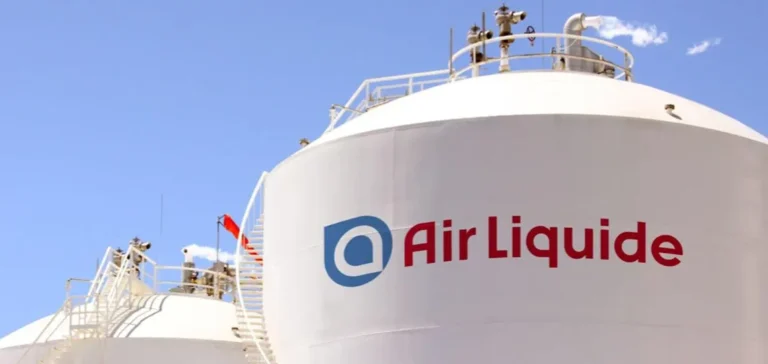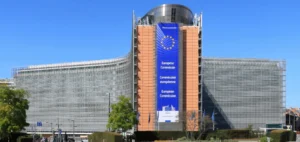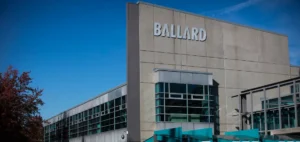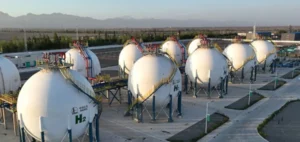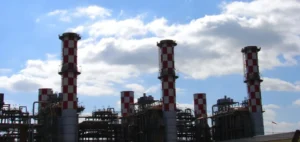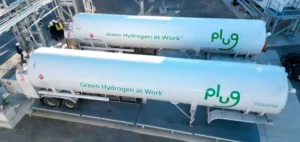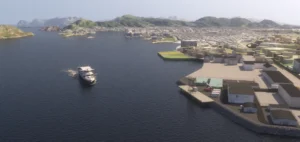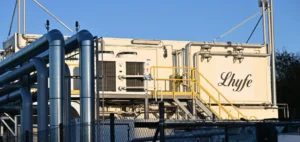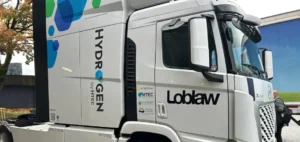The French group Air Liquide has confirmed the start of construction on a large-scale renewable hydrogen electrolyser, named ELYgator, at Maasvlakte in the Port of Rotterdam. This project, with a capacity of 200 megawatts, aims to meet European industrial demand for low-carbon hydrogen. The investment committed by Air Liquide to build, own, and operate the facility will exceed €500 mn ($544 mn), according to information published by the group.
Government support and European financing
The ELYgator project has received significant support from the Dutch government through the OWE subsidy programme, as well as prior aid from the European Innovation Fund and the Important Projects of Common European Interest (IPCEI) programme. This combination of public support and an adapted regulatory framework played a key role in Air Liquide’s final investment decision. The company specifies that the site is expected to produce up to 23,000 tonnes of renewable hydrogen per year for industrial clients, including the TotalEnergies platform, based on a long-term contract.
The ELYgator electrolyser will integrate both Proton Exchange Membrane (PEM) technology and alkaline technology, a first for a single site of this size in Europe. Air Liquide aims to commission the facility by the end of 2027.
An industrial and climate-impacting project
Production at the ELYgator electrolyser is designed to supply the industrial sector and heavy mobility, while enabling up to 300,000 tonnes of carbon dioxide to be reduced each year during operation. The project is aligned with the European strategy for decarbonisation and the development of renewable hydrogen, supported by national and European public policies.
Supervision of activities in Europe has been entrusted to a member of the group’s executive committee, highlighting the project’s significance within Air Liquide’s roadmap. The investment is intended to meet the continent’s ambitions for carbon neutrality by 2050 and to strengthen the security of energy supply for major industrial groups. “This project demonstrates our commitment to developing concrete technologies that directly address European industrial needs,” the group’s management stated at the announcement.


